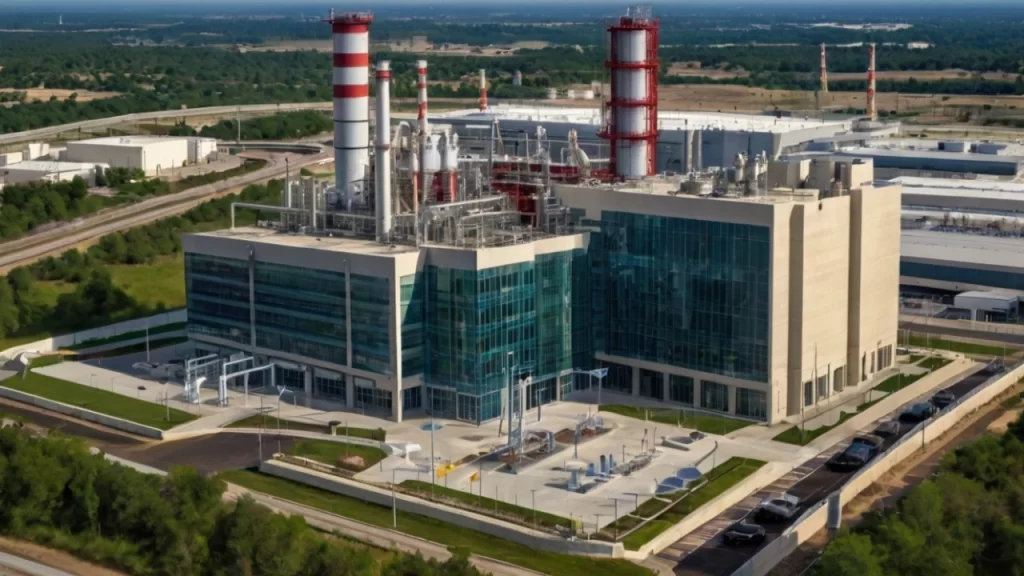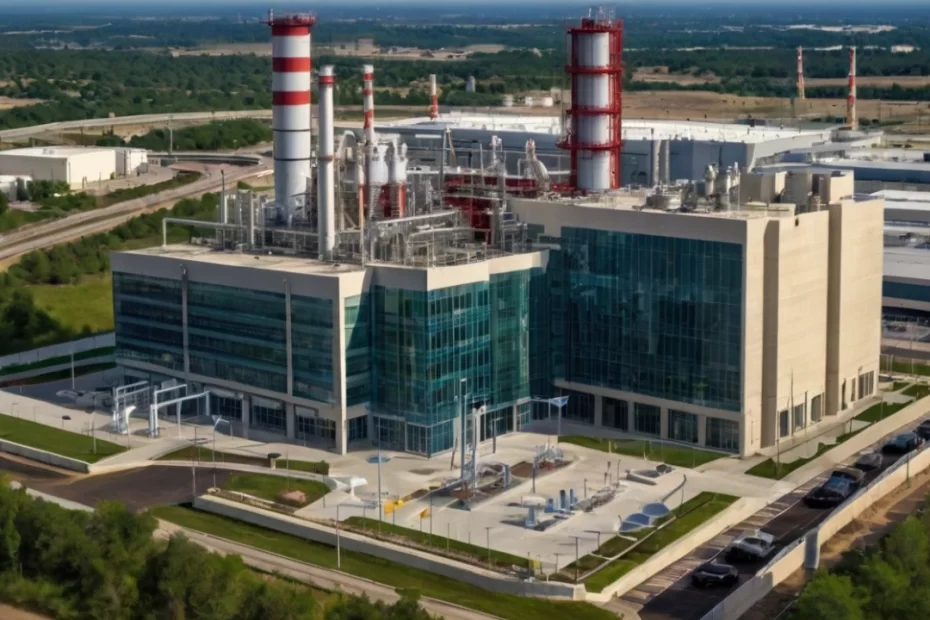The American Petroleum Institute (API) plays a critical role in the oil and natural gas industry by establishing standards and advocating for policies that promote a sustainable energy future. I see the API as a key player that influences regulations and industry practices, ensuring safety, efficiency, and environmental responsibility across the sector. Understanding its functions can shed light on how energy policies are shaped in the United States.
As I explore the history and structure of the API, it becomes clear that its contributions extend far beyond mere lobbying. The organization provides valuable resources, including research and technical expertise, which help drive innovation and improve operational practices in petroleum-related activities. These resources benefit not only industry stakeholders but also the broader economy and environmental initiatives.
Recognizing the API’s impact can change how I view the ongoing energy discussions in the country. By examining its initiatives, I gain insights into the complexities of energy production and the balance between economic growth and environmental stewardship.
History of The American Petroleum Institute
The American Petroleum Institute (API) has a significant history that highlights its development and impact on the oil and gas sector. Founded in the early 20th century, it has evolved to become a crucial player in industry standards and advocacy.
Foundation and Evolution

I discovered that the American Petroleum Institute was established in 1919, amidst a burgeoning petroleum sector. Its creation was a response to the need for a unified voice for the growing oil and gas industry.
The founding members included key oil producers, refining companies, and transportation entities. Originally, it aimed to foster collaboration and promote safe, efficient practices within the industry. Over the decades, API expanded its focus to include environmental and technological advancements, adapting to changing market demands and regulatory landscapes.
Role in the Oil and Gas Industry
The API plays a vital role in setting industry standards which are crucial for safety and efficiency. I noted that it develops specifications for various products, including fuels, lubricants, and equipment.
Moreover, API engages in advocacy at both state and federal levels, representing the interests of its members. Its efforts influence policies related to energy production and environmental protection. The organization’s training and certification programs also enhance workforce skills, ensuring high operational standards within the industry.
API’s contributions continue to shape the oil and gas landscape, balancing economic, environmental, and energy needs.
API’s Standards and Certification Programs
API plays a crucial role in developing industry standards and certification processes that enhance safety and efficiency in the petroleum sector. These programs influence practices not just in the United States, but globally, ensuring that organizations adhere to established benchmarks.
Development of Industry Standards
I contribute to the ongoing development of industry standards through collaborative efforts with stakeholders. API standards cover a range of topics, including drilling, production, and environmental safety.
The standards are based on research, testing, and expert input to ensure they meet current industry needs. API continually updates these standards to reflect technological advancements and changing regulations.
These documents are crucial for operators to maintain safety and operational efficiency.
Certification Processes
API’s certification processes serve as a formal recognition of compliance with established standards. I participate in rigorous evaluation procedures that assess products, services, and systems within the petroleum sector.
Cerifications, such as API Spec Q1 for quality management systems and API Spec 7-1 for drill bits, foster trust among stakeholders. A variety of certification programs exist, each focusing on different aspects of the industry.
Companies that achieve API certification can demonstrate their commitment to quality and safety.
Influence on Global Practices
I observe that API’s influence extends beyond the U.S., shaping international practices in the petroleum industry. Many countries adopt API standards as part of their regulatory frameworks.
This global acceptance enhances interoperability and safety across borders. Organizations benefit from aligning with API standards, which facilitate easier market access and compliance checks.
API’s guidelines are often referenced in legislative and regulatory processes around the world, reinforcing their significance.
Educational and Advocacy Efforts
I focus on the initiatives taken by the American Petroleum Institute to educate the public and influence policy. These efforts play a critical role in shaping perceptions and advancing industry interests.
Public Education Initiatives
The American Petroleum Institute engages in public education to inform citizens about the oil and natural gas industry. This includes producing resources like brochures, videos, and online content to highlight the importance of energy in daily life.
Their initiatives aim to dispel myths surrounding energy production and emphasize safety practices. Programs such as Fueling Freedom and Energy 101 provide insights into the benefits of oil and gas, economic contributions, and environmental stewardship.
Additionally, they sponsor events and workshops that encourage public dialogue on energy issues, targeting schools and community organizations. The goal is to foster an informed public that understands the complexities of energy production and its impact on daily living.
Lobbying and Policy Support
I observe that the American Petroleum Institute is actively involved in lobbying efforts to influence energy policies. They maintain a strong presence in Washington, D.C., advocating for favorable legislation that benefits the industry.
This includes working on essential issues like tax policies, environmental regulations, and energy infrastructure funding. The API collaborates with federal and state lawmakers to ensure their interests are represented in policy discussions.
They also provide data and research to support their positions, aiming to educate lawmakers about the economic and environmental impacts of energy decisions. By aligning with various stakeholders, the API seeks to create a cohesive approach to energy regulation that prioritizes both growth and sustainability.
